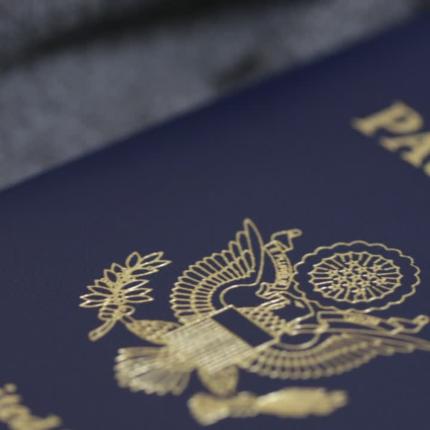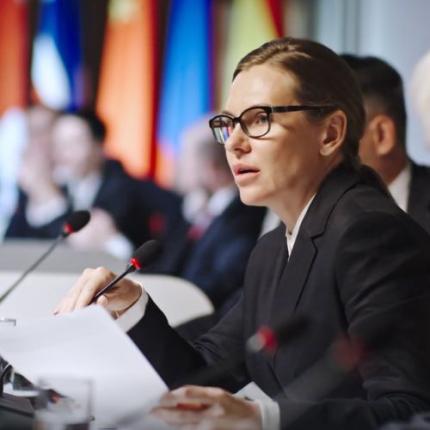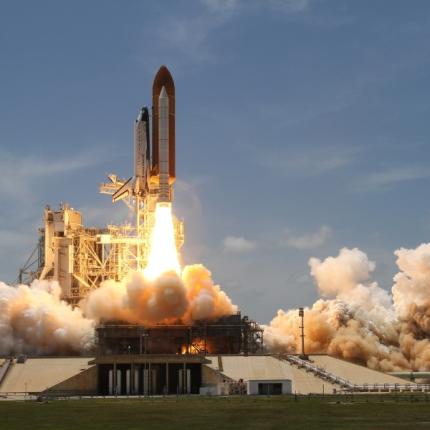Social media is one of the threats to democracy because it allows everyone, even those spreading misinformation or extremist views, to share their opinion, says Michael Best, a professor of international affairs and interactive computing at Georgia Tech.
"But there's something a little more nefarious," Best adds, "which is that scholars have shown that falsehoods and extremist content on popular social media platforms outperforms true information and more bland content. That's a design decision of these platforms."
So, is this the end of democracy? Probably not, Best advises, and there are actions we can take to help rectify the current state of social media. Watch his two-minute lecture on the topic to learn more:
Transcript: Is Social Media a Threat to Democracy?
Best: Well, social media is one of the threats to democracy right now because it has become a cesspool in many instances of disinformation and of extremist content.
But there's something a little more nefarious, which is that scholars have shown that falsehoods and extremist content on popular social media platforms outperforms true information and more bland content. That's a design decision of these platforms.
That's not necessarily because companies like Meta or Twitter or ByteDance are evil, it's just that their business model monetizes attention and interaction. And they have proven through plenty of scientific and engineering experimentation, that you will increase attention and engagement if you increase falsehoods and extremist content.
So, is this the end of democracy?
Best: I think that there's still some hope for democracy. First of all, we could change the business models and choose to use different platforms online that don't have these features.
People are to some extent leaving Twitter because they don't want to live in a world overrun by trolls and extremists. That creates a business incentive to not allow a total food fight in every online social media community.
Explore More
The diplomats teach courses and hold informal mentoring sessions for students to discuss careers in foreign service.
This fully immersive, semester-long experience in Washington, D.C. is available to the entire undergraduate community at Georgia Tech.
Ivan Allen College alumni share how they make an impact in the nation's capital.
The new lab will draw on Georgia Tech's strengths in engineering and international affairs to help inform space policy.




